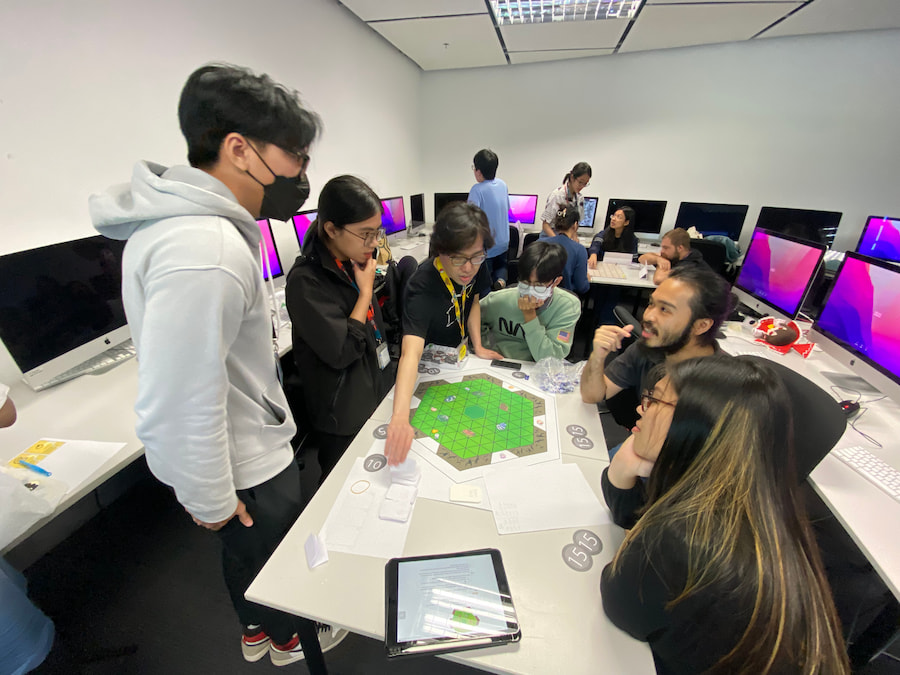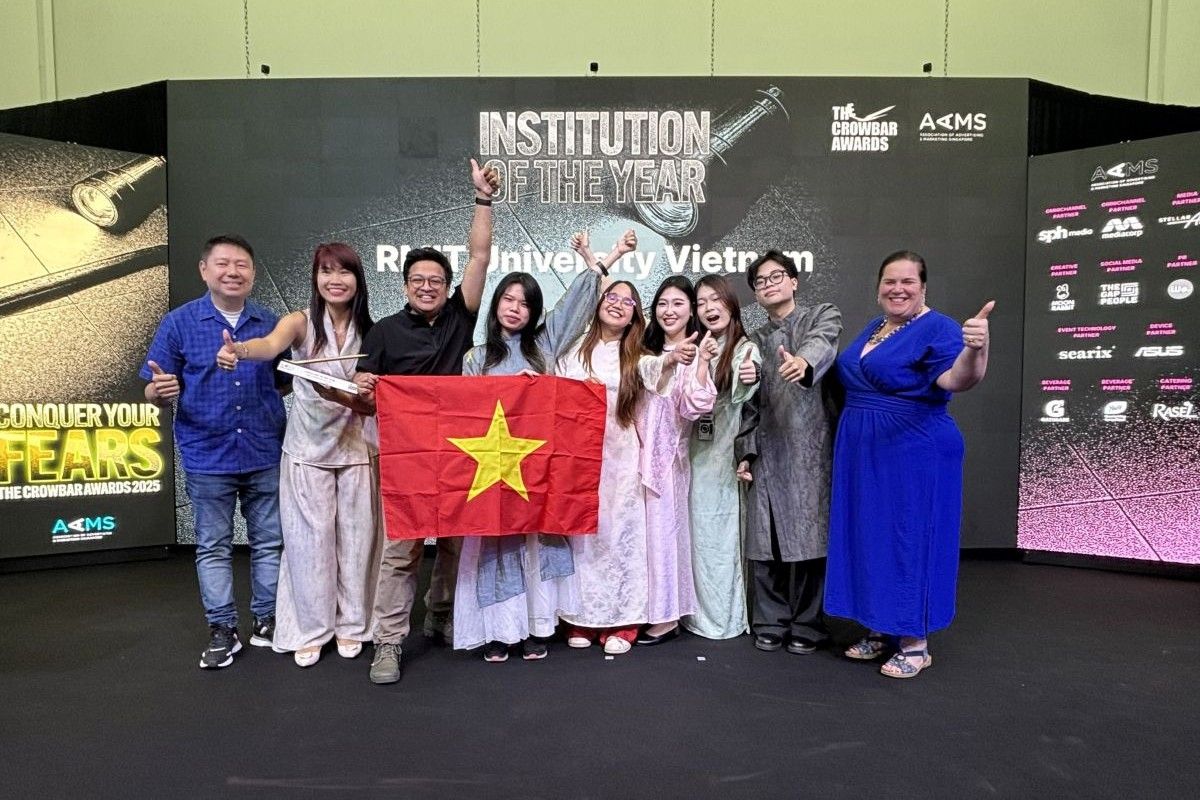As former industry professionals and now academics, we believe that a large obstacle Vietnamese game developers must overcome is their “production mindset”.
Data from LacBird's interviews with 32 representatives of game studios – from small scale (3-5 people) to mid-scale (25-50 people) in Hanoi and Ho Chi Minh City – show that most designers struggle at the initial idea generation stage. For this reason, they tend to search for the top downloaded/bestselling games on app stores by Google, Apple or Steam. They invest a lot of time and money to copy most of the ideas from these products, sometimes directly cloning them by changing the graphics and sound.
This “production mindset” is a result of the outsourcing businesses which wears down innovation and creativity. If we want the game design industry to stand strong and be part of the global game industry that creates original games, we need to change the “production mindset” to a “creative design mindset”. Here, design refers to creative thinking, ideation, the process of imagining and planning, problem solving, critical thinking and analysis, research and evaluation, art, science, and technology.
Focusing on formal training of game designers
Our view is that Vietnam’s game industry has the potential to become a leading pillar of the digital economy and stand out in the global games market. But to do this, we need to invest in producing well-educated game designers with a creative thinking and problem-solving mindset, as well as the essential ability to adapt to developing technologies and market trends.
Since 2022, RMIT University has been delivering the Bachelor of Design (Games) program in Vietnam. With this program, we aim to create future game designers with the necessary skills such as, brainstorming and ideation, design thinking, critical analysis, problem solving, research, game narratives, level design, system design, art, prototyping, balancing, and playtesting, etc. One of our goals are to educate students to be creative.






